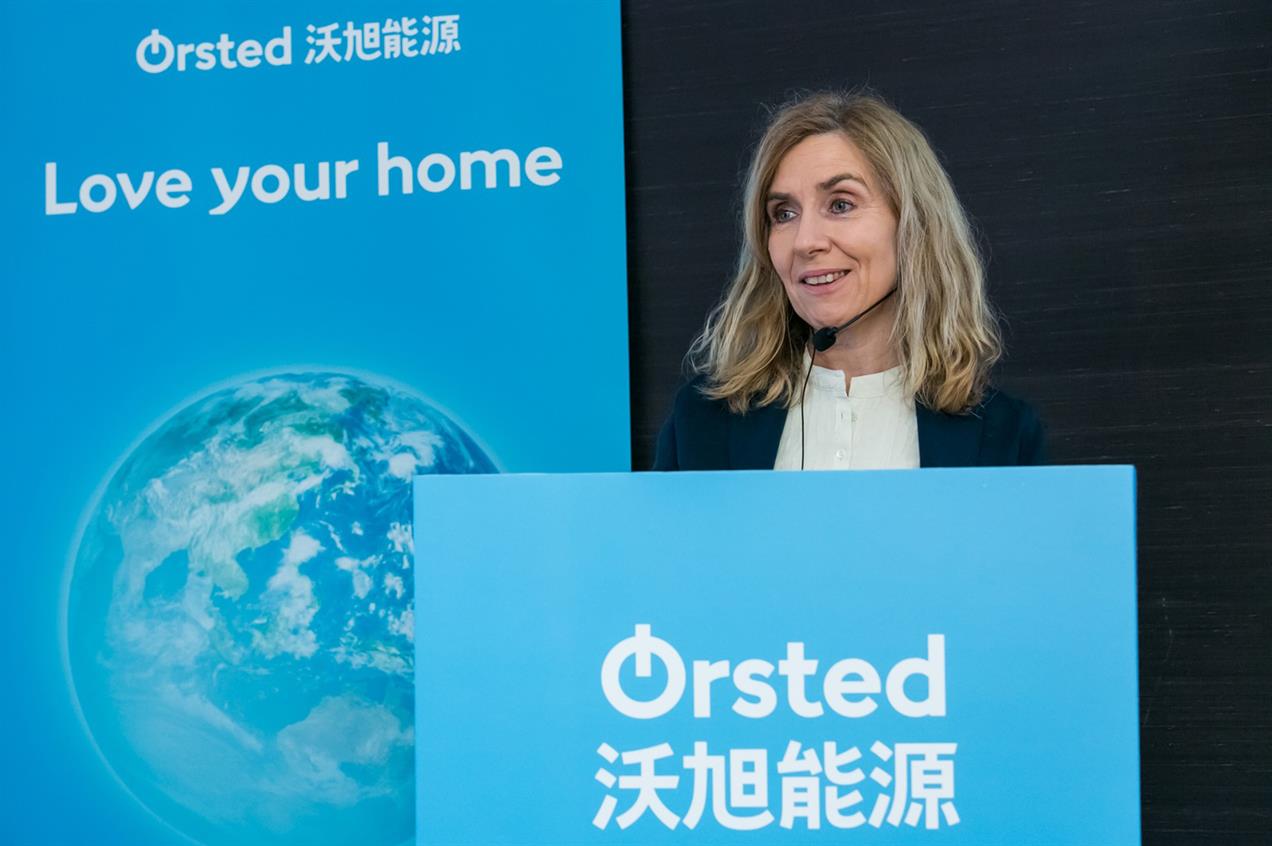The world's leading offshore wind developer reiterated its Ebitda guidance for the year in its Q1 results, which saw pre-tax earnings grow by 33% year on year to DKK 6.8 billion (€912.5 million).
The growth was attributed to the ramp-up of production at its Hornsea 1 offshore wind project in the UK, and two onshore wind projects in the US.
Currently, the firm sees "no indication" the Covid-19 crisis sweeping the globe will have an impact on its earnings for the year and reaffirmed its Ebitda guidance of DKK 16-17 billion (€2.1-2.3 billion). It also expects to invest DKK 30-32 (€4-4.3 billion) across the year.
"Ørsted is a strong company with a resilient business model, and we are in a much less vulnerable position than many other sectors that are deeply impacted by the crisis," said CEO Henrik Poulsen.
"However, the impact of Covid-19 will have material ripple effects throughout all economies and sectors, and we cannot be complacent about its potential impact on us," he added.
The company's CFO, Marianne Wiinholt, warned of potential delays to project execution due to the knock-on effects of the pandemic on the supply chain.
However, all construction projects "remain on track" with Ørsted also announcing first power from the 752MW Borssele I/II project in the Netherlands.
The company will also bid in the upcoming subsidy-free tender in the Netherlands for the 700MW Hollandse Kust Nord project. Rival developer Vattenfall ruled itself out of the tender at the end of March, due in part to the uncertainty caused by the health crisis.
Wiinholt said the company was comfortable with taking on the merchant risk of the project. But it would do what it can to mitigate the risk through deals like the 15-year power purchase agreement signed in the UK earlier in the week with consumer goods producer Nestle for output from the Race Bank offshore wind project.
Future sites with added risk include the 1,386MW Hornsea Project 2 off the UK, but it is still too early to conclude if that is the case, Wiinholt said in a call with the media.
US progress
Wiinholt complained that a combination of the Coronavirus and the slow progress made by the Bureau of Ocean Energy Management (BOEM) is hampering Ørsted's offshore wind projects in the US.
BOEM is currently assessing the environmental impacts of a number of proposed US offshore wind sites off the north-east coast, which has delayed several projects.
As a result, Ørsted expects its South Fork and Skipjack projects, both planned to be online in 2022, to not be operational until 2023 at the earliest. However, the economics of the projects remain unchanged for the time being.
The company is also unable to carry out activities at the Sunrise project site off New York due to the lockdown in place there.
Green transition
Wiinholt was philosophical about what impact the Covid-19 crisis could have on the efforts of decarbonising the energy system. With many lawmakers concentrating on supporting the public and businesses during the pandemic, there are concerns environmental legislation could be sidelined.
However, there have been calls for recovery packages to be in line with climate change reduction targets.
Wiinholt said it could go either way. "We could see an increased interest [in the green transition] as there's a lot of employment that comes with it," she told reporters, adding there could also be a slowdown in momentum.
"[It will be] interesting to see when society returns to more normal levels if the green transition is used as a boost by government," Wiinholt added.



.png)

HR.jpeg)
.png)








